CONTENT WARNING: The following article contains descriptive detail of the bodies of women, murdered in a terrorist attack, as well as burial preparations, which some readers may find disturbing.
After the October 7th Hamas attacks in Israel, a women’s burial society attached to the Israeli army was called into service. Known as the Hevra Kadisha, the volunteers are trained to assist in identifying women soldiers who are killed, and prepare their bodies for burial in accordance with Jewish law.
Sheri, from Jerusalem, is an architect in her civilian life, and a wife and mother of four. But on Saturday, October 7th, she was called into action as a Hevra Kadisha volunteer.
I feel a strong obligation to bear witness to what happened, because of the people who died. So, I am steeling myself to tell you these things. It is hard to talk about, because it takes me back there.
I myself have a history in my family – I’m the daughter of a Holocaust survivor who endured incredible hardship. I grew up with these stories, like mother’s milk, and they were terrible stories. And so my mother and my grandmother always said to me, you have to tell the stories… So, that’s in me. That sense of obligation.
In truth, nothing prepared our unit, any of us, for what we saw, when we entered the morgue on the base that weekend. All the dead were being brought there.
We came in, and it was like walking into hell.
We came in, and it was like walking into hell.
There were body bags everywhere. They were lining the walls, they were up to the ceiling. Every single room was full of bodies, and the body bags were dripping still.
You could barely walk through the halls, because there were so many body bags coming in. And the other thing was, it hit all of your senses, not just your eyes, the smell. I had never smelled anything like that.
I’m a regular person I had never seen or heard or smelled or felt anything like that.
Anytime a female soldier’s body came in, we accompanied her into the examination room. We were there while they were doing identification. And the identification process is very rigorous, because there cannot be a mistake. Every soldier who comes into the Army is fingerprinted, and has dental x-rays and has DNA taken.
So, we were there while they tried to do all three of those processes. There were forensic doctors in the room, there were dental experts, there were people documenting what they found, but it was often hard because the bodies were so badly damaged and mutilated and shot.
It was our job in that specific room not to do anything medical, but to accompany the body, out of sensitivity. And I was very touched by how everybody was respectful of that. The doctors understood that our small women’s unit, that’s what we were there for.
They would say, “Please, open the body bag.”
They would say, “Please, open the body bag.”
We never knew what we would find in this body bag which was always a very hard moment. Everything was very bloody. If they needed clothes to be cut off, that was our job to do too.
Under Jewish law, we really, really try to bury our dead very quickly. That’s very important to us. However, not before they were 100 per cent identified.
The army didn’t put people like us into this role by accident. We were very sensitive to who these girls were. We were all very aware as mothers, which is I think very smart.
We were conflicted. Because on the one hand, we had to keep doing terribly difficult work. On the other hand, we wanted to feel close to these women.
If they had earrings, or were wearing necklaces, we very carefully took them off and wiped them off. Everything was so covered in blood. But we would take them, and use a cloth, and clean them off, and put them in a bag with things that are going to be returned to the family. Even the cloths we used to wipe up the blood were put in with the bodies, to be buried with them, because every drop is considered a part of the body and every part of the body is buried with the person.
Preparing for burial
After the body was identified – I hate to call them bodies – after the young woman was identified, she moved into a room that was just our room, the burial preparation room just for women. It’s a special room that is just ours. And that became a whole different kind of atmosphere because at that point, the body had been identified and we then could prepare it for burial. And that was very hard.
In Jewish custom, a body is wrapped in a pure white linen shroud. And we were dealing with women who, well, grenades had been thrown at them, half of their body was gone. How were we to put an arm that was broken in four places into this beautiful white linen sleeve. Everyone was shot at least once in the body. Maybe once in the heart in the belly somewhere critical. Then they were shot many times in the head.
Women came in, sometimes in their underwear, and often their underwear was very bloody. It was not our job to judge what happened, it was just our job to keep moving and prepare people.
It was not our job to judge what happened, it was just our job to keep moving and prepare people
There was an overwhelming feeling that these women had been horribly disfigured and dishonoured. And it was our job, to do the opposite, to show them love, to show them honour.
It became a very holy atmosphere in that room, it was quiet. But we worked for the parents, we worked for the families. If it was possible, we’d clean a part of the face of blood. Many of the bodies are enclosed in this white linen, in these customs of how to wrap them, that have been our Jewish customs for centuries.
We washed faces, we closed eyes, we tried very, very hard to feel as if we were mothers. We took the time to envelop these women – I can’t explain it in other words – in our love. Because we might be the last people who saw them. We most likely were the last people who will ever see them.
One of the things that was very touching to me was there were some personal moments with most of these young women.
We might open up a body bag, and then, all of a sudden see someone with this beautiful, beautiful hand – a manicure. It was bright red or bright pink. And it was a very womanly moment, because we’ve all had manicures and we know that they signify hope and beauty and I’m going to go home and I’ll keep myself beautiful. I’m going to go home and see my lover or my husband.
We might open up a body bag, and then, all of a sudden see someone with this beautiful, beautiful hand – a manicure.
That was a very hard moment because the person became so just like us and so they were always like us, but they could have been our daughter at that moment and it was such a sad moment I cried often when I saw that, because that was the end of all that hope.
I would say by the end of Sunday, October 8, we had all heard the news of what was happening. Many of the people in my unit tried not to listen to or watch the news too much. Because it was very difficult for us when the media were profiling the dead people. We didn’t want to learn about the people that we had dealt with because it would maybe make it more difficult for us to keep a little bit of distance. At that time, that was important to our psychological health.
I still haven’t talked about it much, because I feel like we’re all determined to keep working; there are still people who haven’t been identified.
I don’t have patience for small talk. I don’t really want to socialise too much. And there’s no break when you go home, because you hope you won’t get caught, you know, on a highway when there is a siren.
You don’t know if your neighbourhood is safe. You know, we all have children in the army. I have been to three funerals. And that’s not even a lot. I think that’s only because I wasn’t born here (Sheri was born in the US). Our lives are just filled with this.
I don’t think there’s two degrees of separation now, between anyone that knows someone who was either killed or kidnapped. And that’s very hard. I went to the doctor and I said, How are you? He said, Well, my two cousins are kidnapped. That’s what normal conversations are now here.
I don’t think there’s two degrees of separation now, between anyone that knows someone who was either killed or kidnapped.
I think everybody just wants to feel safe again. And that to me is the bottom line. I would love it if people in Gaza could feel safe. I would love it if people everywhere could.
I’m not focusing on politics, I’m not focusing on the military operation. I just hope we’re doing a good job to regain our safety. We won’t have a country if we don’t get our safety back, because no-one will want to live here.
You know, I’m still very focused. We have to identify all our dead. People think, well, it’s been over 40 days now, but we’re looking through bone shards that are impossible to identify. There are still families out there who don’t know if their loved ones have been kidnapped or killed. That’s my focus right now, as part of this unit. I hope this ends with peace. I think most Israelis want this to end with peace, for our neighbors and for us, whatever that means. But again, we can’t think about that until you make your home safe first.
This is an abbreviated version of a longer conversation, recorded November 16th. The Israel Defence Force (IDF) media office helped to arrange the interview with Sheri, and a member of staff sat in on the call, but didn’t comment or intervene.
As told to Kylie Morris.
PRIMER is committed to reporting on stories from a range of perspectives. You can read the first-person account of a mother in Gaza, fleeing the bombardment with her children here: “Our Lives Are A Tragedy Repeated Every Day”
Next week we will be running a piece from a health worker operating from inside Gaza.
Want more stories like this? Subscribe to PRIMER’s weekly newsletter.




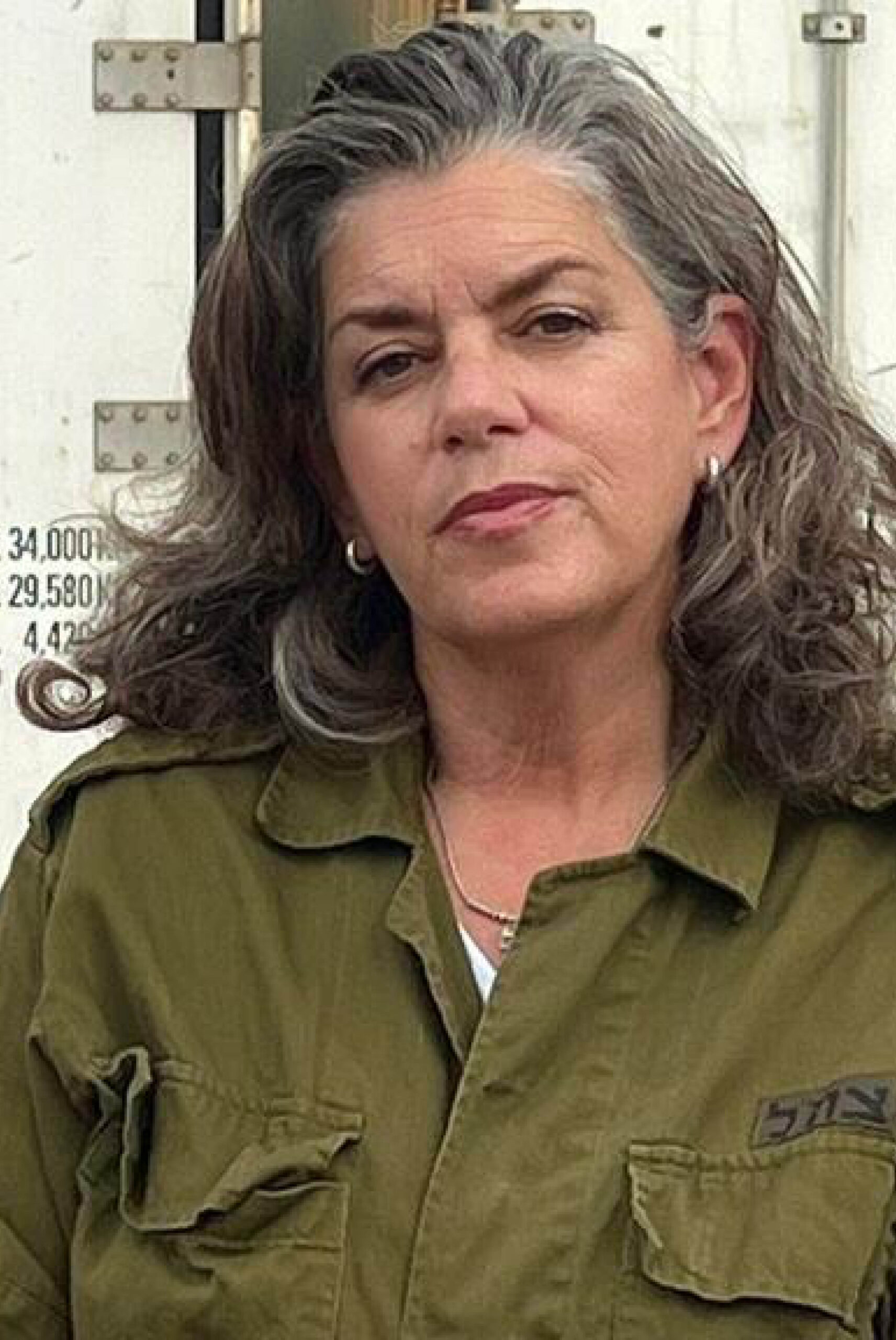
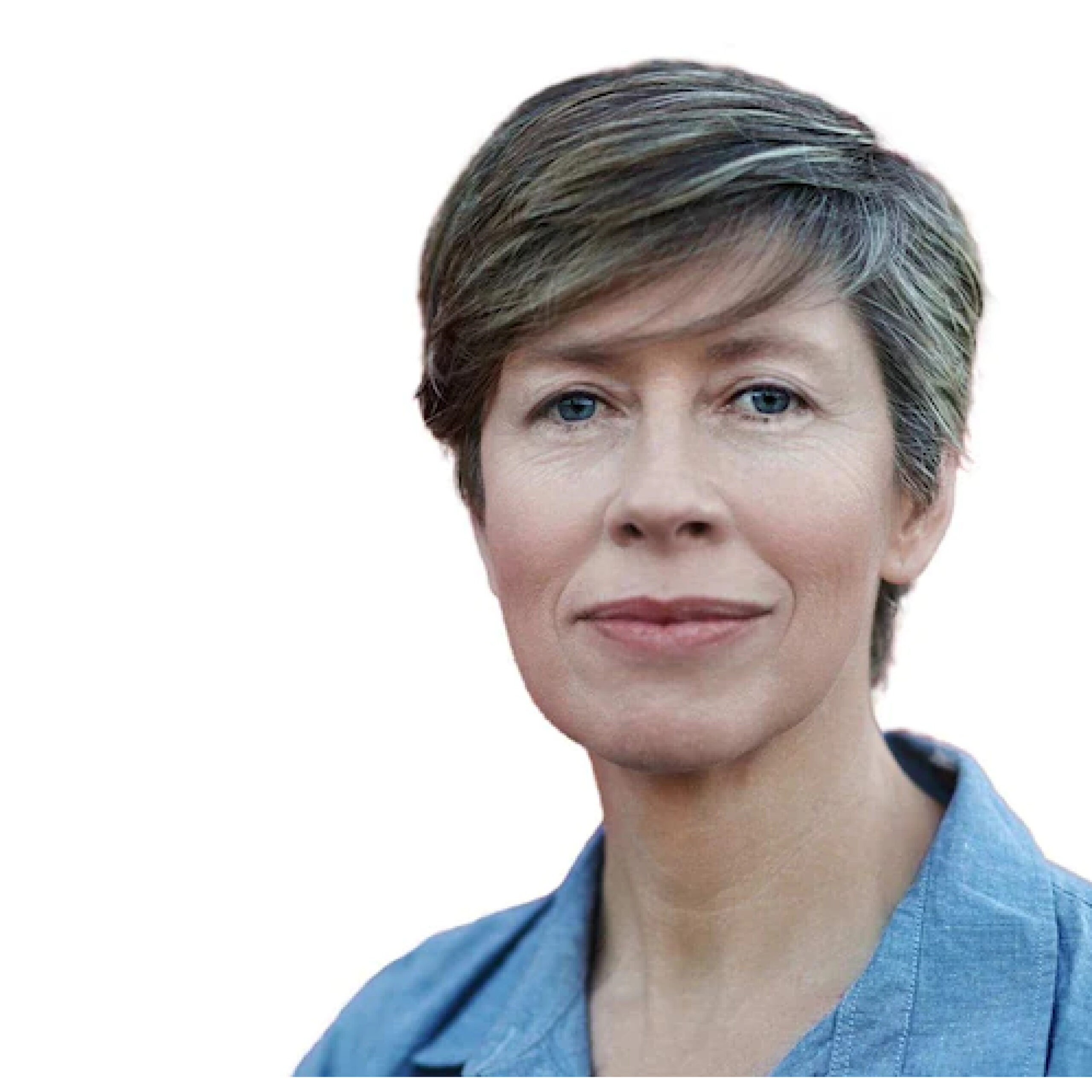

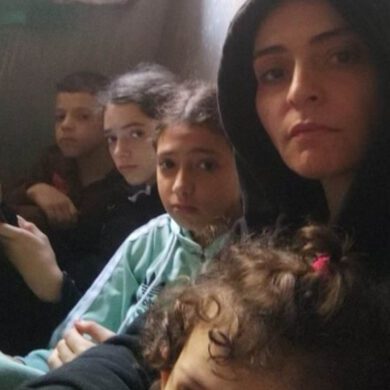
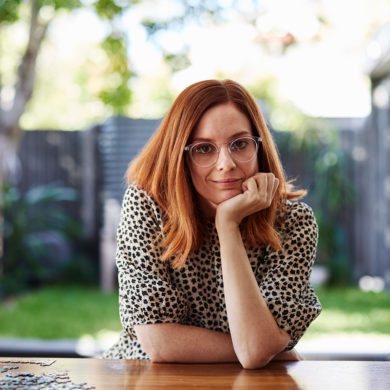
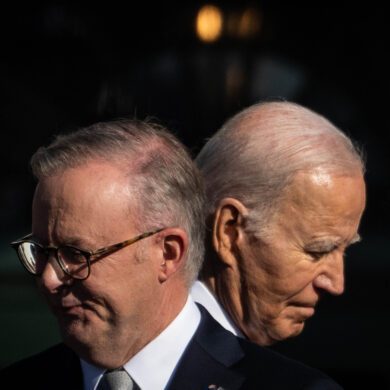
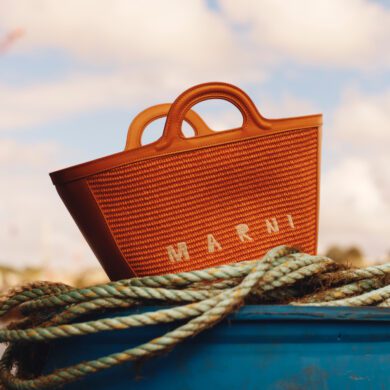
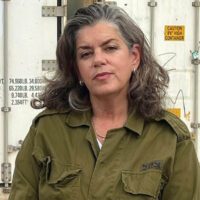
No Comments